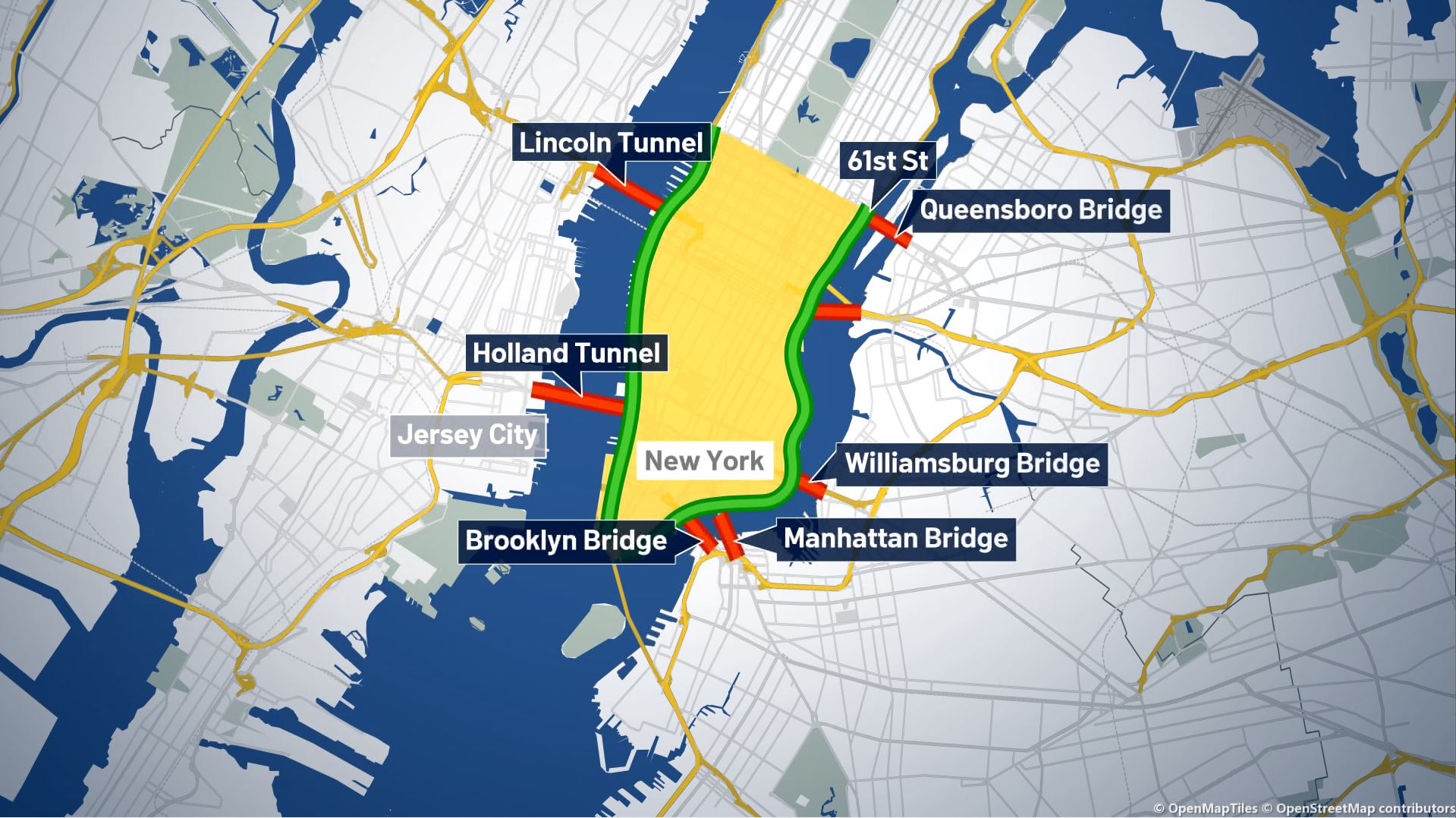Thousands of additional vaccine appointments became accessible to New Yorkers already eligible for their dose of the drug on Sunday after guidance controlling pharmacy inoculations expanded once again.
Pharmacies in the state can now administer a COVID-19 vaccine to people with underlying health conditions, that's in addition to teachers and people over 60 already approved to get their dose there.
Chain pharmacies like CVS, Walgreens and Rite Aid, as well as small independent locations have become a growing arm of the state's vaccination operation. New Yorkers with comorbidities or underlying conditions are asked to provide proof of eligibility.
New York state published this list of comorbidities and underlying conditions that determine vaccine eligibility.
Get Tri-state area news delivered to your inbox.> Sign up for NBC New York's News Headlines newsletter.
"As New York receives more doses and more people receive the vaccine, we're able to expand the population pharmacies can serve, and this is a commonsense step forward that will help make it easier to protect New Yorkers," Cuomo said in a press release.
With Cuomo's Thursday announcement of a new round of reopenings and a recent expansion to vaccine eligibility, more New York residents are trying to get vaccinated. The more than 2,600 pharmacies across the state may be the most convenient path to vaccination for many New Yorkers.
News
Chain and local pharmacies with available doses of the COVID-19 can be found through vaccinefinder.org, where a zip code search provides the nearest location with open appointments.
The boost in vaccine access is crucial to moving the state closer to herd immunity. On Saturday, the governor announced that 25 percent of the state had received at least one dose of the vaccine, and half that population was fully vaccinated against the virus.
The number of people vaccinated in the state has sped up significantly in recent weeks aided by the expansion of new vaccination sites across the state and a growing supply of doses from the government. In the past seven days alone, the governor said, over one million doses were administered.
But it's not an easy race to the finish line, as evidenced by the new and growing presence of COVID-19 variants. State health officials on Saturday confirmed the arrival of a strain connected to Brazil in an elderly Brooklyn patient with no travel history. Like many variants before it, the first confirmed case is likely not the only one in the area.
Dr. Dave Chokshi, New York City's health commissioner, and other officials last week revealed a preliminary in-depth report on the presence of variants in the five boroughs. It found that two variants -- the U.K. one and another that first originated in Manhattan's Washington Heights -- accounted for 51 percent of all current cases citywide.
Notably, Chokshi and Dr. Jay Varma, senior public health adviser to the mayor's office, said the two prime variants in New York City only appeared to have heightened levels of infectiousness, not greater risk of severe illness or death.
The B.1.1.7 variant, the highly contagious variant first identified in the U.K., likely accounts for up to 30 percent of the country's infections, White House Chief Medical Advisor Dr. Anthony Fauci said Friday. Officials believe it will become the dominant strain later this month or by early April.



